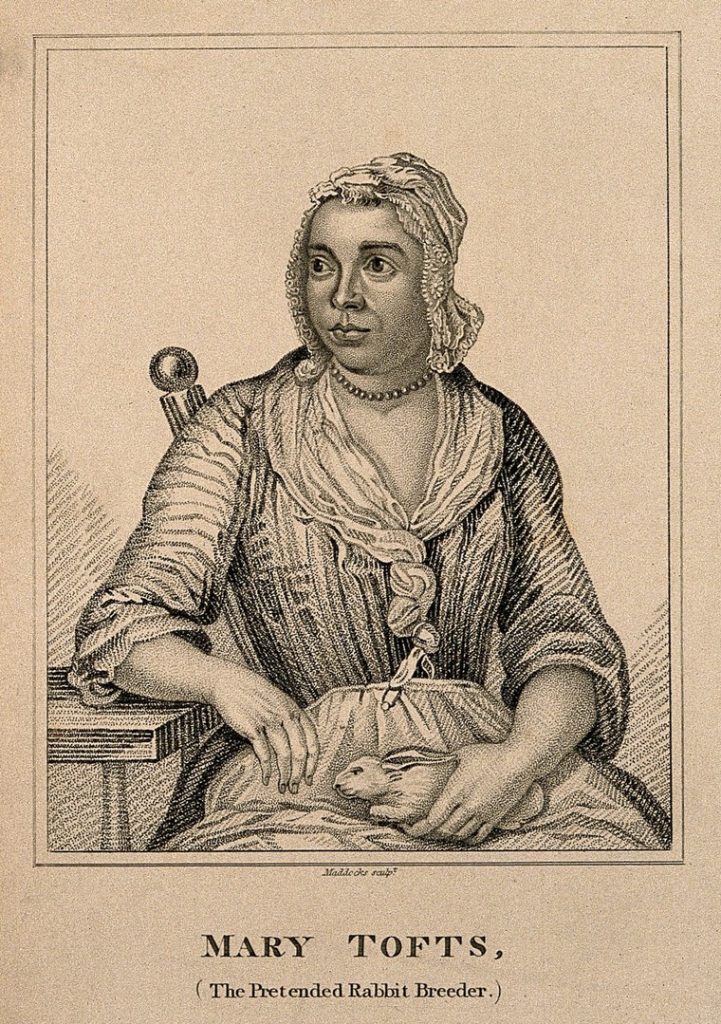Now has it’s own website, song and Facebook Group
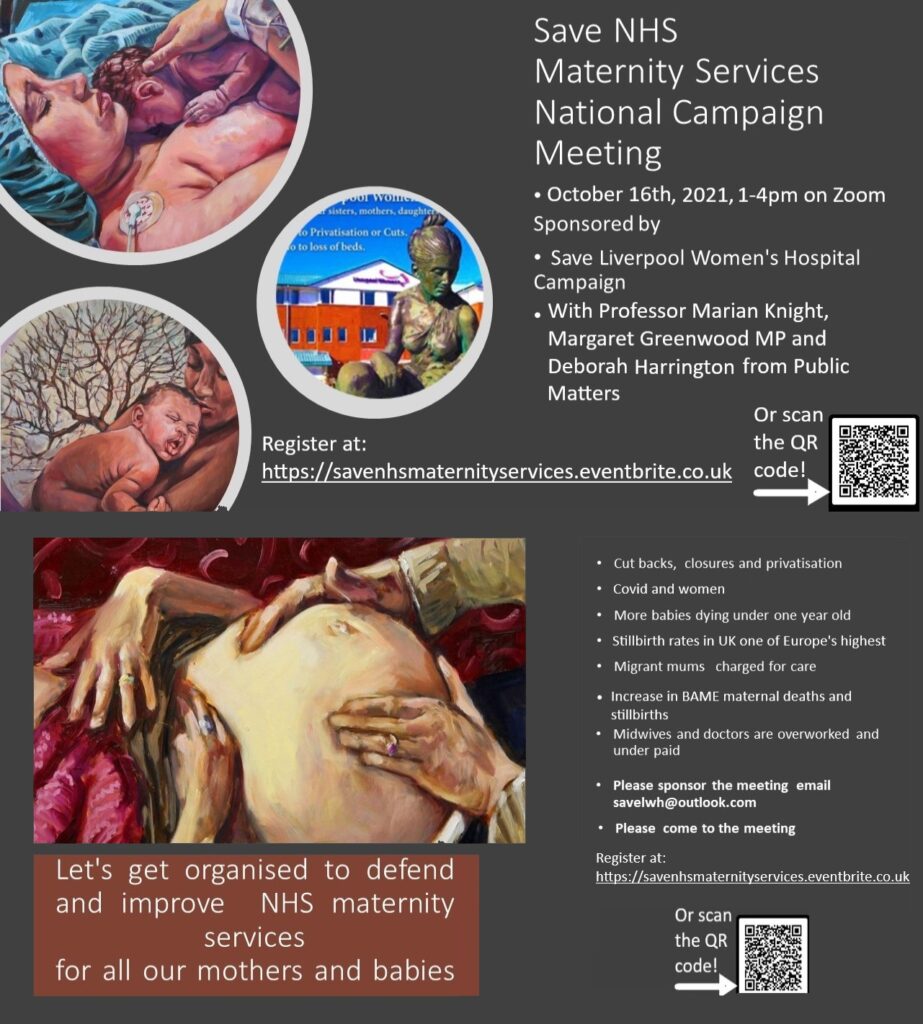

A researcher is currently looking for an ‘expert’ to advise on midwifery and a midwife who practised between 1940-60:
‘I’m researching a potential story to do with midwifery for the series Who Do You Think You Are? The ancestor we are interested in qualifies in 1928 as a midwife, she works as a ‘municipal midwife’ and then as a district midwife (we think) as a domiciliary midwife in London for the LCC from around 1942 – 1958. We would really like to speak with an expert to ask questions about her role and how she would have coped during the war, and what difficulties midwives faced”.
Does anyone know of a possible midwife interviewee?
Please contact Janette if you are able to help at: jcadepartu.org.uk
Wednesday 21st April 13:00 | Online via Zoom, free but must be booked in advance
Researcher Anita Sikora uncovers the intriguing world of pregnancy on the London stage in the early 18th century. English actor Ann Oldfield and Italian opera singer Margherita Durastanti both continued to perform well into advanced pregnancy. Come and discover what reactions this caused – and how pregnancy was depicted in the theatre during this period.

Dr Rebecca Whiteley writes, ‘By studying Spratt’s tables alongside comic and satirical mobile prints, obscene and pornographic prints, and “fine art” nudes, this article demonstrates how medical images can be addressed as rich and complex resources for histories that are medical, visual, and cultural’.
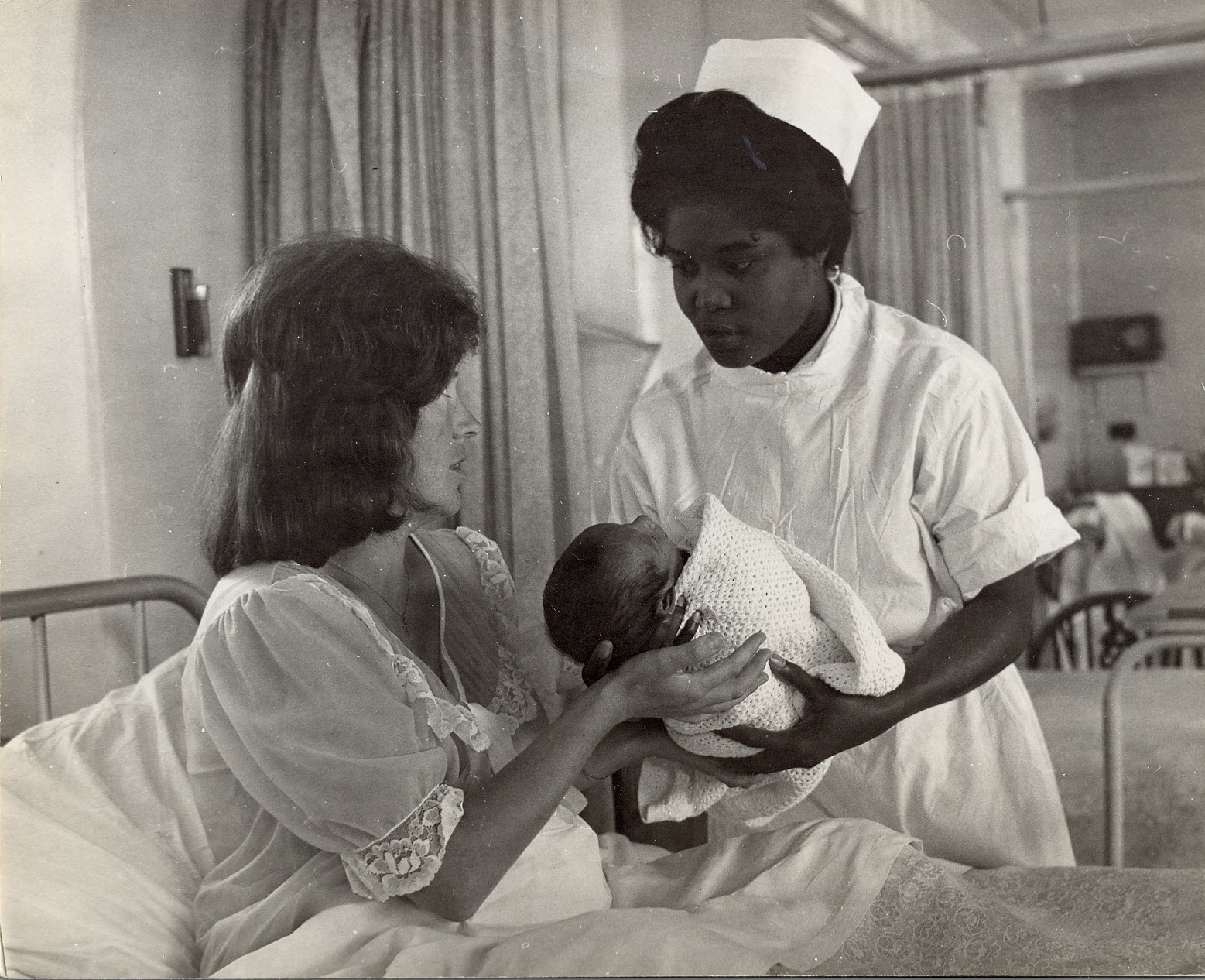 |
A time when cookery classes were on offer in the antenatal clinic and it was novel for fathers to attend births…BBC archive sound recording
Doctors v. Midwives: Caribbean Medical Encounters in the Age of Pronatal Abolition
Dr Sasha Turner (Johns Hopkins University)
11 February 2021
4pm -5:30pm (Cambridge, UK)
Sixteenth Cambridge Wellcome Lecture in the History of Medicine
Doctors v. Midwives: Caribbean Medical Encounters in the Age of Pronatal Abolition
Dr Sasha Turner (Johns Hopkins University)
11 February 2021
4pm -5:30pm (Cambridge, UK)
The topic is Public Understandings of Fertility, Pregnancy or Post-Natal Health: A Cultural History; the supervision is split between Birkbeck’s School of Arts and London School of Hygiene and Tropical Medicine. Students are asked to define their project, specifying a period of history, and a specific health topic within maternity health, broadly conceived.
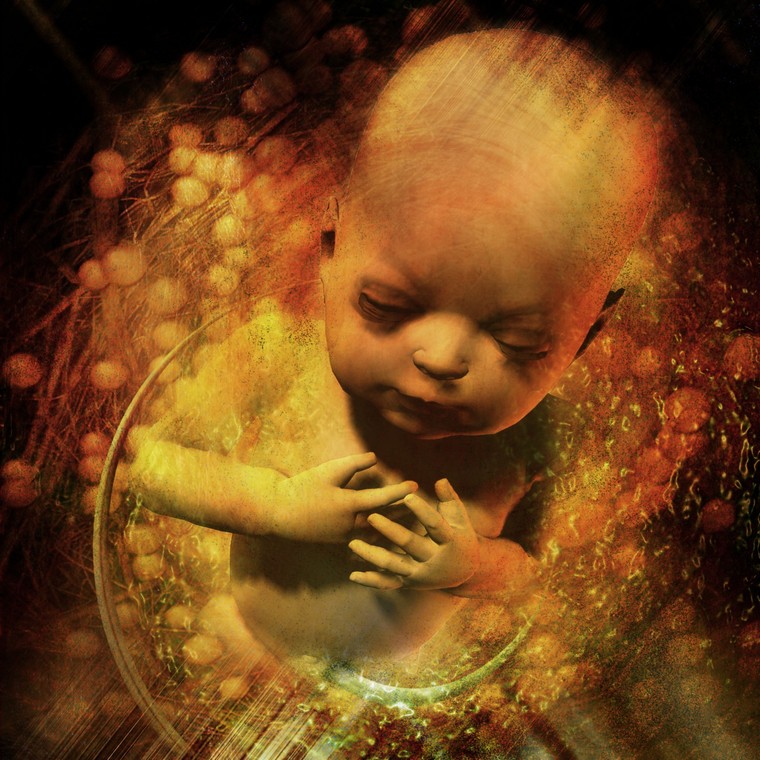
There are several short illustrated historical features relating to birth, imaging the fetus and contraception on the Wellcome Collection website. Today’s new feature called Testimonies of Birth is about birth in the 1980s.
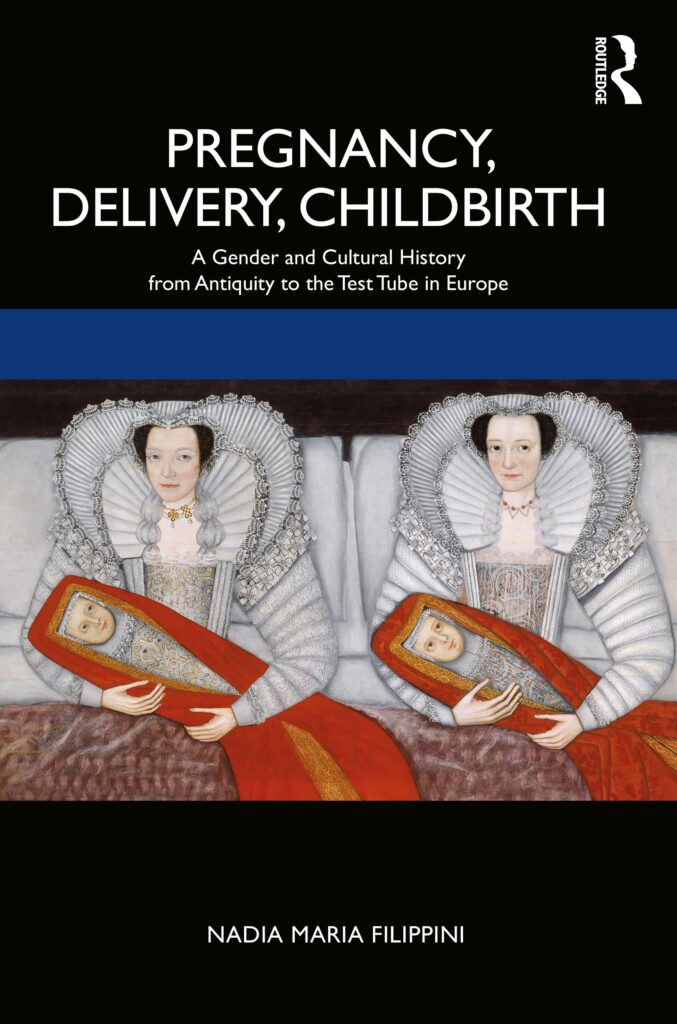
Please contact the Book Reviews Editor if you would like to volunteer to review this new book for De Partu
The sixth book review of 2020, is of an historical novel, The Gossip’s Choice by Sara Read.
In the current issue of the Journal of Medical Ethics, Dunja Begovi, Elizabeth Chloe Romanis and Alexandra Mullock suggest in an open access article ‘Reviewing the womb‘ that women’s reproductive freedom is under threat in many ways as the uterus becomes more accessible and amenable to medical management. It discusses some of the associated ethical and legal dangers which have emerged from developments in reproductive technology, and reflects on the historical notions of woman as the (sometimes incompetent) vessel for the nurturing of the male seed, where the focus lies on the fruit of the womb, on the fetus rather than the mother.
For a limited period only, just register to use the archives. The process takes less than five minutes.
